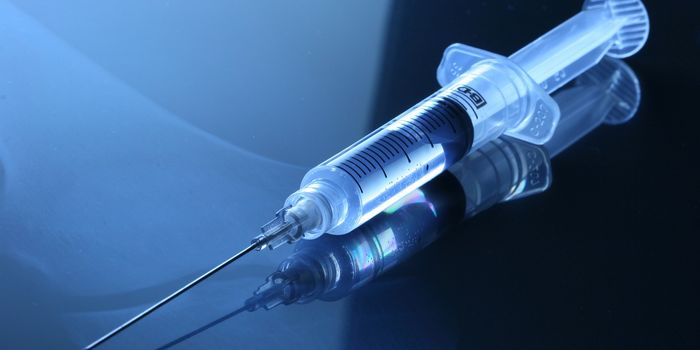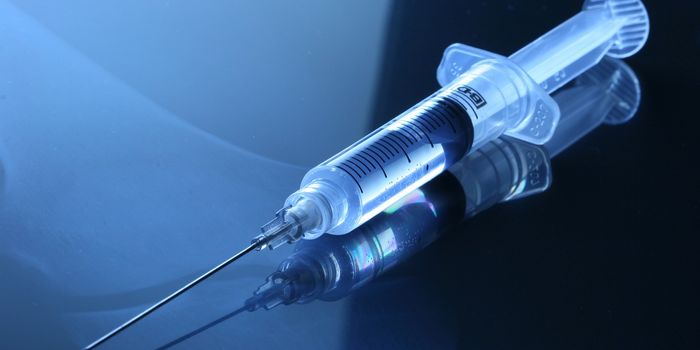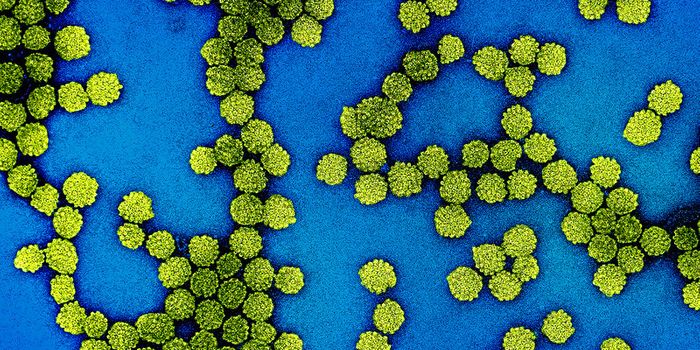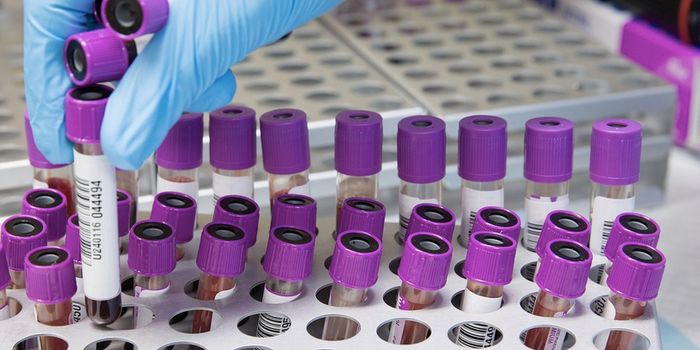Dormant HIV Can Run, But It Can't Hide
Two drugs have synergistic potential to control human immunodeficiency virus (HIV). Administered immediately following infection, these two anti-HIV antibodies empower the immune system to fight of HIV on its own and keep the infection at bay long-term.
"This form of therapy can induce potent immunity to HIV, allowing the host to control the infection," said Michel Nussenzweig. "It works by taking advantage of the immune system's natural defenses, similar to what happens in some forms of cancer immunotherapy."
Nussenzweig and a team of researchers from Rockefeller University and the National Institutes of Health used macaque monkeys and a model of HIV infection called simian-human immunodeficiency virus (SHIV) to study the effects of the two experimental drugs.
SHIV is a recombinant virus developed specifically to be a research tool for studying HIV in a non-human primate setting. The virus includes characteristics of the HIV envelope that affect transmission and pathogenesis, and using SHIV in a study allows for the evaluation of the efficacy of anti-HIV microbicide formulations and vaccines.
The two drugs tested in the new study, 3BNC117 and 10-1074, are broadly neutralizing antibodies (bNAbs) that each bind to a different site on HIV.. As their name suggests, bNAbs are capable of neutralizing a variety of virus subtypes. 3BNC117 and 10-1074 were discovered in Nussenzweig’s laboratory during a study of rare individuals whose immune systems are able to fight HIV all on their own.
Over two weeks, 13 monkeys were given SHIV infections followed by three intravenous infusions of 3BNC117 and 10-1074. For about six months, the two drugs reduced viral levels to near or below the limit of detection. After the antibody levels gradually declined over time, SHIV levels returned in all but one monkey. However, several months later, six monkeys “spontaneously regained control of the virus.”
Like they did when the monkeys were initially inoculated with the two drugs, viral levels were reduced to undetectable levels and remained like that for several months. For four monkeys who did not spontaneously regain control over SHIV, they nonetheless appeared somewhat able to control the virus, showing low viral loads and healthy levels of key SHIV-fighting immune cells several years after infection.
Researchers from this study are ready to test the two drugs in human cases of HIV, and they expect similar results, because their research indicates humans and macaques contain similar immune cell profiles involved in the anti-HIV immune response. The present study was published in the journal Nature.
Sources: InTech, Acta Naturae, Rockefeller University









